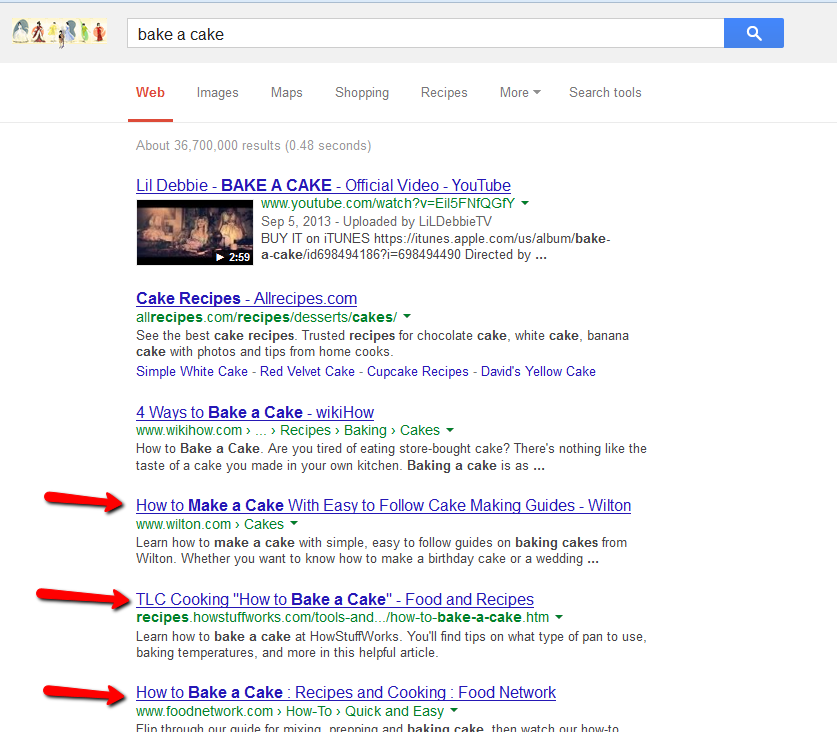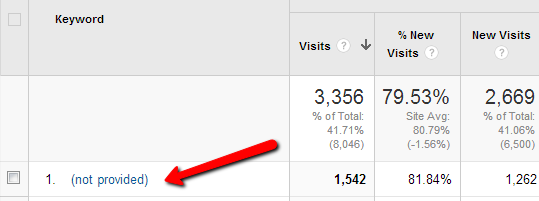Have you heard about Google Hummingbird?
Not since 2001 has Google launched a change this significant to its search engine.
If you are reading any of the trending internet marketing news right now, you have most likely heard about Google Hummingbird. You may even be wondering how it has anything to do with your business and your website.
Whenever big Google news comes out, every news outlet launches one or a series of posts on the topic. While this is a great opportunity to learn about the news, chances are you are reading differing views on the topic, which can become confusing. So today, we want to break down this topic for you to not only understand what Google Hummingbird is but for you to also grasp how it impacts the future of your business.
Let’s dive right in…
Remember Google Penguin? Panda?
Aside from the strange obsession Google has with animals, Hummingbird had nothing to do with Penguin and Panda.
Penguin and Panda were updates to the algorithm, while Hummingbird is a complete replacement of the old algorithm. While the updates Google launched during Panda and Penguin are still a component of this new algorithm, they are still updates to the OLD algorithm and Hummingbird is the name of the NEW algorithm.
For example, if you were adding new windows, replacing the siding, or mending the fence of your home, your updates would be similar to Panda and Penguin. If you knocked down your home and rebuilt it with similar finishing’s to the previous one but built a completely new home, this is similar to what Google did with Hummingbird.
Google Hummingbird Effects
Google created the Penguin and Panda updates to eliminate webspam from its index; however, in the process, it took down other non-spammy websites along with it. Panda and Penguin spelled disaster for many webmasters, and many are still recovering from the damage.
But Hummingbird is different, even though its changes are bigger than Panda and Penguin. If you haven’t seen any movement with your website, you most likely will not see any as a result of Hummingbird. Google announced Hummingbird’s launch on September 26, yet the algorithm was already in process for a month when Google made the announcement.
Does this mean that the algorithm change is not a big deal?
Not exactly. What it does mean is that if you are creating quality content that solves your audience’s problems and meets the needs of your readers, you may notice some additional exposure to your content.
Here’s why…
Hummingbird was Google’s attempt to “modernize” its search results. Hummingbird takes into account the way many internet users search for information online… conversationally.
Let me explain…
Before Hummingbird, if you performed a Google search for “bake a cake,” the search results would populate with websites containing the terms “bake” or “cake” or even “bake a cake.”
But now, this is what you will see…
Notice how the results show “how to” articles. This is because Google is moving away from simply matching keywords to search queries, and attempting to understand meaning and intent behind user queries.
Conversational search is becoming more popular as mobile search grows. How many of you use voice-activated search to access the internet on your mobile devices?
People do not want to type keywords into small mobile keyboards. And, people accessing voice search queries use more conversational language such as…
“How do I bake a cake” instead of “bake a cake”
These natural language queries have become commonplace. And for Google to remain competitive as a search engine, it had to “get with the times” and seek to understand user intent regardless of the query.
Google Asks for Complex Queries
Google even requests that users ask more complex queries so it can continue to improve Hummingbird. In a recent blog post, the search engine spoke about some new features that will take advantage of conversational search, a dynamic that has now begun with the launch of Google Hummingbird.
Google says,
“We’ll keep improving Google Search so it does a little bit more of the hard work for you. This means giving you the best possible answers, making it easy to have a conversation and helping out before you even have to ask. Hopefully, we’ll save you a few minutes of hassle each day. So keep asking Google tougher questions – it keeps us on our toes! After all, we’re just getting started.”
Here’s the GOOD news: Your in-depth content that answers the questions your readers are asking could start getting some more exposure as Google updates Hummingbird.
That brings me to my next point…
How Can Businesses Capitalize on Google Hummingbird?
Here are some points to consider…
- Focus on intent, not just keywords – Google is moving towards search intent and away from keywords. If you looked at your Google Analytics account lately, you will notice that the search engine removed a large percentage of the data that showed you what keywords people are using to find your website. This can either be a detrimental change if you were searching for keywords only… or it can be a springboard for you to gain a HIGHER perspective on how to know your audience.
This is the dreaded “not provided” webmasters are seeing in Google Analytics.
Keywords vs. Customers
If you relied on keyword data to drive your SEO campaign, you may be getting a little nervous. But, I believe as a community we have become keyword-crazed instead of being customer-conscious and Google Hummingbird can teach us a grave lesson if we are willing to learn it.
Discovering how people are finding your website may be a little more difficult now than taking a quick glance at the keywords in Google Analytics. But in the end the extra work will result in longevity in the search engine and most importantly consistency with the lifeblood of your business, your customers.
Remember: Keywords do not open their wallets and grow your business… your customers do. Focus more on customer intent. Simply reverse engineering keyword data is now not enough to KNOW your audience and understand them.
- Engage with your customers; discover what it is they truly want. Seek to understand them at such a level that you will know what they search in Google because you understand what makes them tick. It’s similar to spending a lot of time with a person and developing a relationship. Over time, you can predict their desires and maybe even finish their sentences.
- Look beyond the keywords people are using to find your web page and assess whether the user experience of your web page meets your visitors’ needs. Are your users clicking away from your page because they did not find what they are looking for? If so, a re-design may be in order.
- How many in-depth articles do you have on your website? Consider these natural language queries and how people may be asking a question to find one of your web pages. Add more “how to” and “how can” articles, but don’t overdo it. Resist the urge to change all of your articles into this format. We are not trying to game the system here; just provide our audience with the best content which is exactly what the search engine wants.
By adopting this new customer-centric attitude, as a business on the web, you can increase your chances of getting found in the search engines. The more you please your audience, the more you please Google, which results in increased targeted traffic and a steady stream of customers ready to convert.
Have you noticed any changes from Google Hummingbird?









Responses